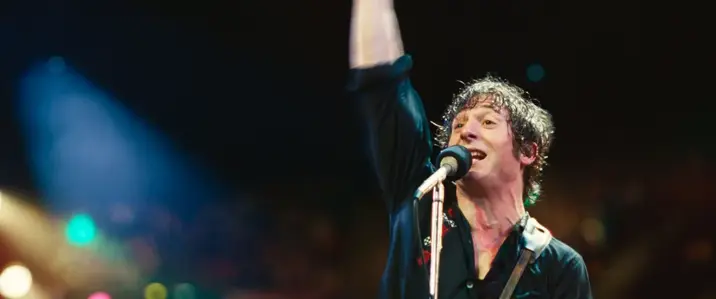T4K3.news
Venice premiere stirs debate about consent
Julia Roberts leads a provocative Yale drama that sparks lively arguments about truth and accountability.
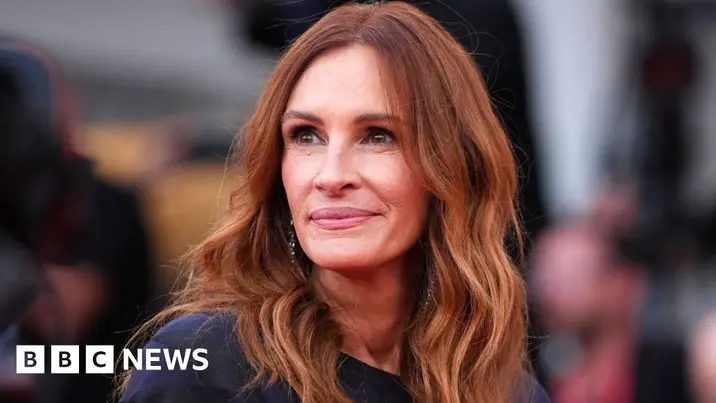
A new Julia Roberts film about campus assault asks viewers to choose the questions rather than the answers.
Venice premiere tests audiences with ambiguous sexual assault drama
The Venice Film Festival opened with After The Hunt, a drama in which Julia Roberts plays Alma, a Yale professor caught between a star pupil and a colleague facing an accusation. The film presents both sides of the case without declaring a verdict, inviting viewers to weigh what they hear against what they believe. Ayo Edebiri and Andrew Garfield play the student Maggie and the professor Hank, while Luca Guadagnino directs and Nora Garrett makes her screenwriting debut. Audiences and critics came away with mixed feelings: some praised Roberts’s performance and the film’s ethical murk, while others argued the movie uses ambiguity at the expense of clear discussion.
Roberts emphasized that the project aims to spark conversation rather than to send a simple message. She told reporters that the film asks viewers to confront old arguments and decide what they stand for, which she says is precisely how dialogue should work in today’s culture. Critics were divided on the result. Some outlets lauded the performances and the film’s daring approach; others argued the narrative leaves too much up in the air, risking misinterpretation of a deeply sensitive topic.
Key Takeaways
"We are challenging people to have conversation"
Roberts on the film’s aim at sparking dialogue
"There was a lot of rich complicatedness in all the characters"
Edebiri on the screenplay and performances
"It's not so much that we're making a statement, we're just sharing these lives for this moment"
Roberts on the film's stance
"There are old arguments that get rejuvenated in this movie in a way that does create conversation"
Roberts on the film's impact
The film lands in a cultural moment where audiences increasingly demand certainty on tricky subjects even as some directors push for moral ambiguity. Its ambition is to provoke thinking aloud about consent, accountability and truth, but that very ambiguity risks leaving viewers unsettled or even polarized. The project leans on star power and a seasoned director to carry a difficult discussion, yet the reception suggests audiences may diverge on whether ambiguity serves the issue or merely delays accountability. Expect the conversation to spill from screens into panels and social feeds, testing how much ambiguity cinema can tolerate before it becomes a shield for uncomfortable questions.
Highlights
- We are challenging people to have conversation
- There was a lot of rich complicatedness in all the characters
- The art of conversation is something we are losing
- Let this movie get everybody to talk to each other
Potential backlash over ambiguous handling of sexual assault
The film presents competing accounts without a clear stance, which could confuse audiences or fuel polarized debates about consent, accountability, and feminism. Public reaction may influence festival reception and future distribution.
The real test is whether viewers carry the debate beyond the festival chatter.
Enjoyed this? Let your friends know!
Related News

Venice premiere draws standing ovation for After the Hunt

Roberts Defends After the Hunt At Venice
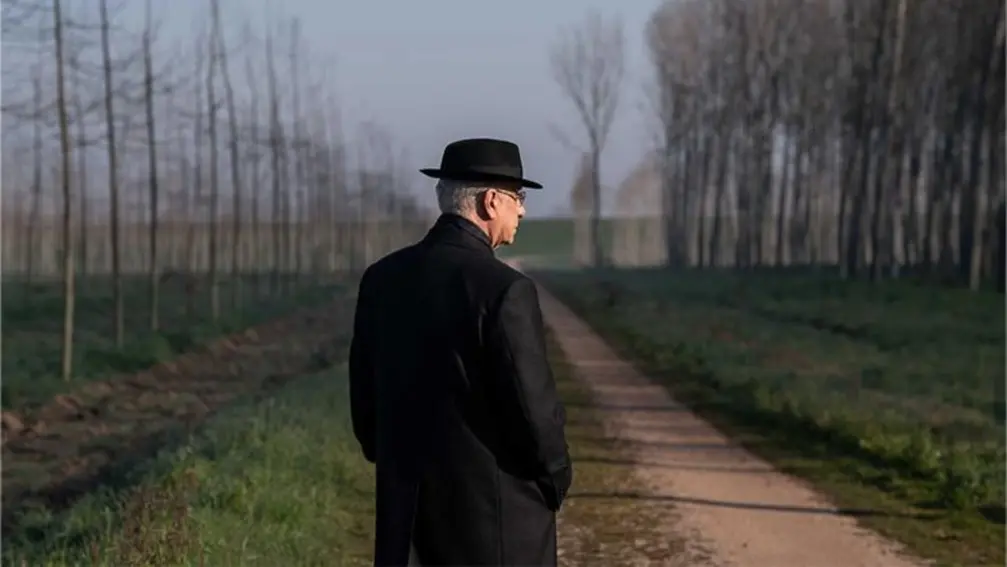
Venice lineup announced
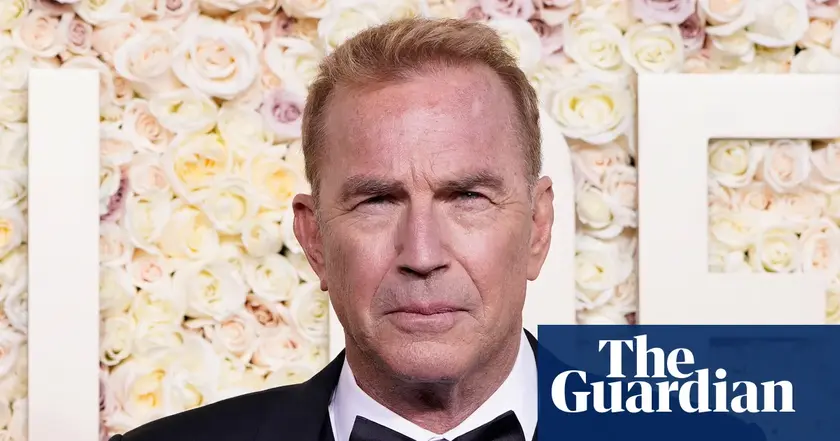
Costner faces lawsuit over unscripted rape scene

Roberts headlines Venice thriller

Schnabel's Dante Drama Sparks Debate at Venice
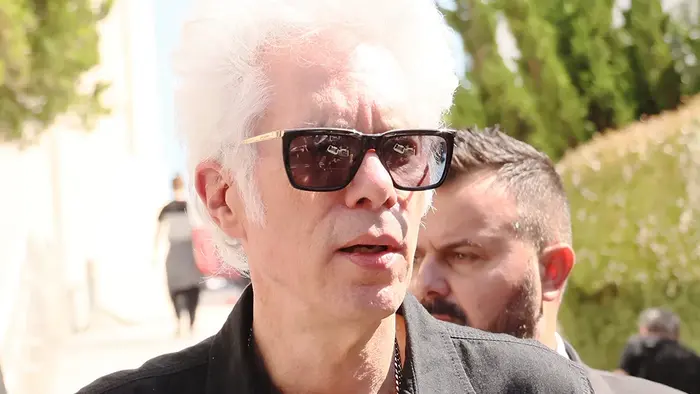
Jarmusch responds to Mubi backlash

New film review published
